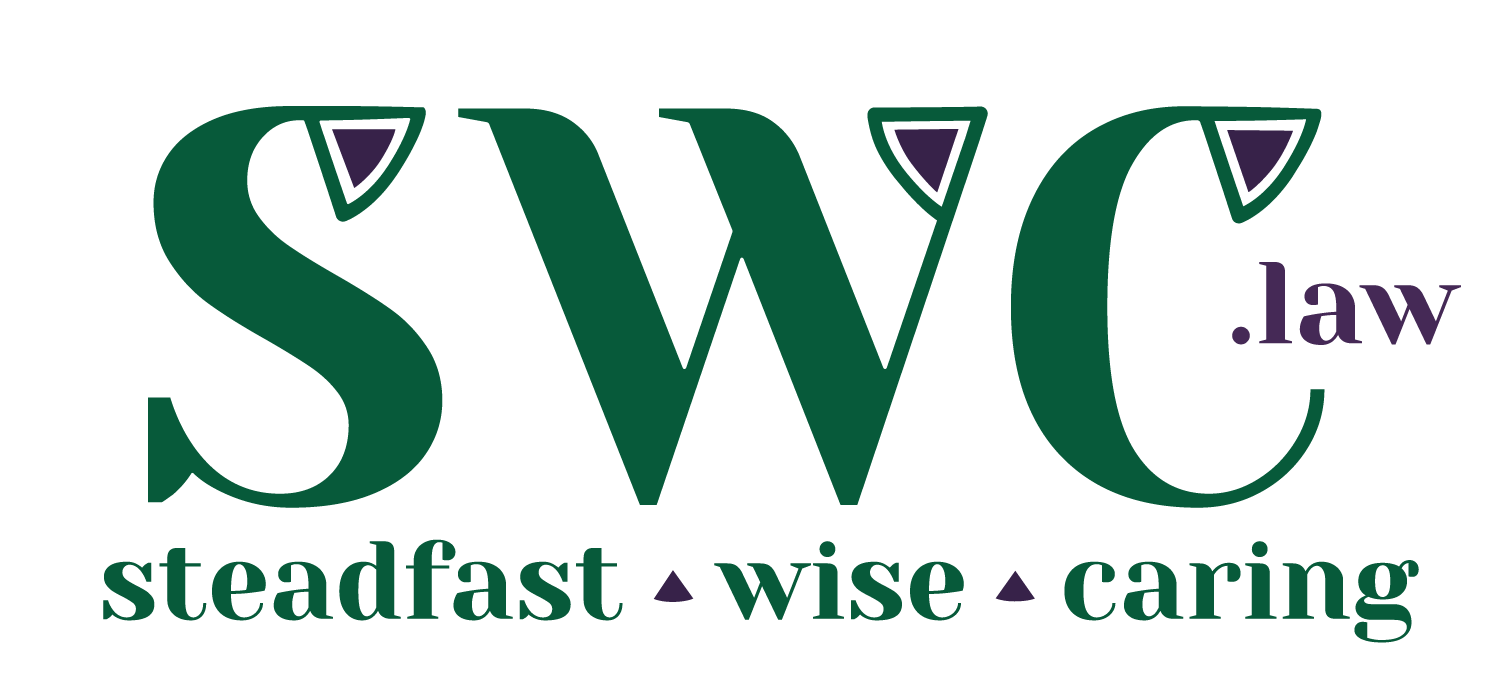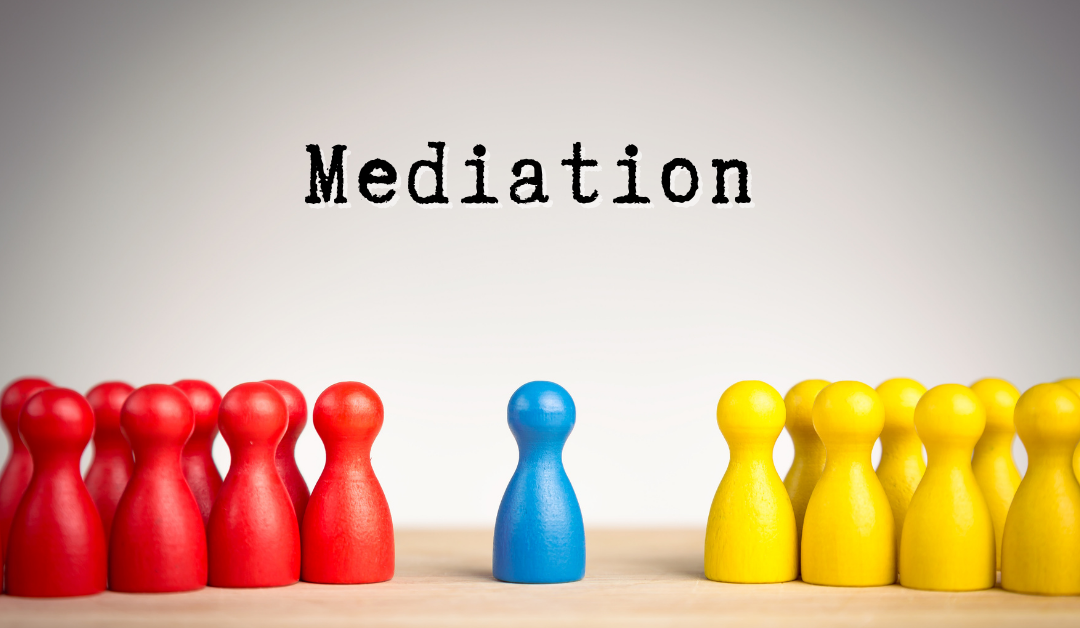When legal disputes arise, “having your day in court” is not always the most practical solution. That’s where different forms of Alternative Dispute Resolution come into play.
According to the US Department of Labor Alternative Dispute Resolution means “any procedure, agreed to by the parties of a dispute, in which they use the services of a neutral party to assist them in reaching agreement and avoiding litigation.” One of the most widely used alternative dispute resolution methods is Mediation.
In this blog, we’ll be covering all things mediation— what it is, when you need it, and why it is a helpful and effective form of alternative dispute resolution.

What is Mediation?
Mediation is a form of alternative dispute resolution where both parties participate in a guided conversation or negotiation with a neutral third party or a mediator. This process is more informal and less time-consuming than a trial. Additionally, it allows both the mediator and the parties involved to control the flow of the negotiation and freely discuss the details of their dispute until they arrive at a mutually favorable agreement for everyone.
When do you need it?
Mediation is a useful method to resolve all types of disputes without the need to go to court or undergo trial. It’s commonly used for cases such as:
—– Workplace disputes
—– Neighbor-to-neighbor disputes
—– Landlord-tenant disputes
—– Family law issues, such as divorces or child custody
—– Breach of contract disputes

Why is it helpful?
Resolving a legal dispute through a court trial can be stressful, time-consuming, and expensive for both parties. But with mediation, the process can be:
Cost-effective & time-saving
Believe it or not, most disputes that undergo mediation tend to be successful after just one meeting. And while having a legal representative or an attorney is strongly recommended for both parties, it’s not required.
Controlled by both parties
When resolving a dispute in court, you rarely have control over the process, the schedule, etc. In mediation, both parties can negotiate how they want to settle their dispute and discuss the details.
Mutually beneficial to both parties
Instead of finding out who was at fault, mediation is all about agreeing to a mutually beneficial solution. Both parties have a say in how they want to resolve the dispute and can negotiate for terms that truly benefit both sides.
Mediation is a practical and helpful method to resolve various legal disputes without the need for litigation.
Whether you need legal support during your mediation process or a reliable mediator to facilitate mediation, our SWC Law attorneys can help you achieve the best results and protect your best interests.


Recent Comments